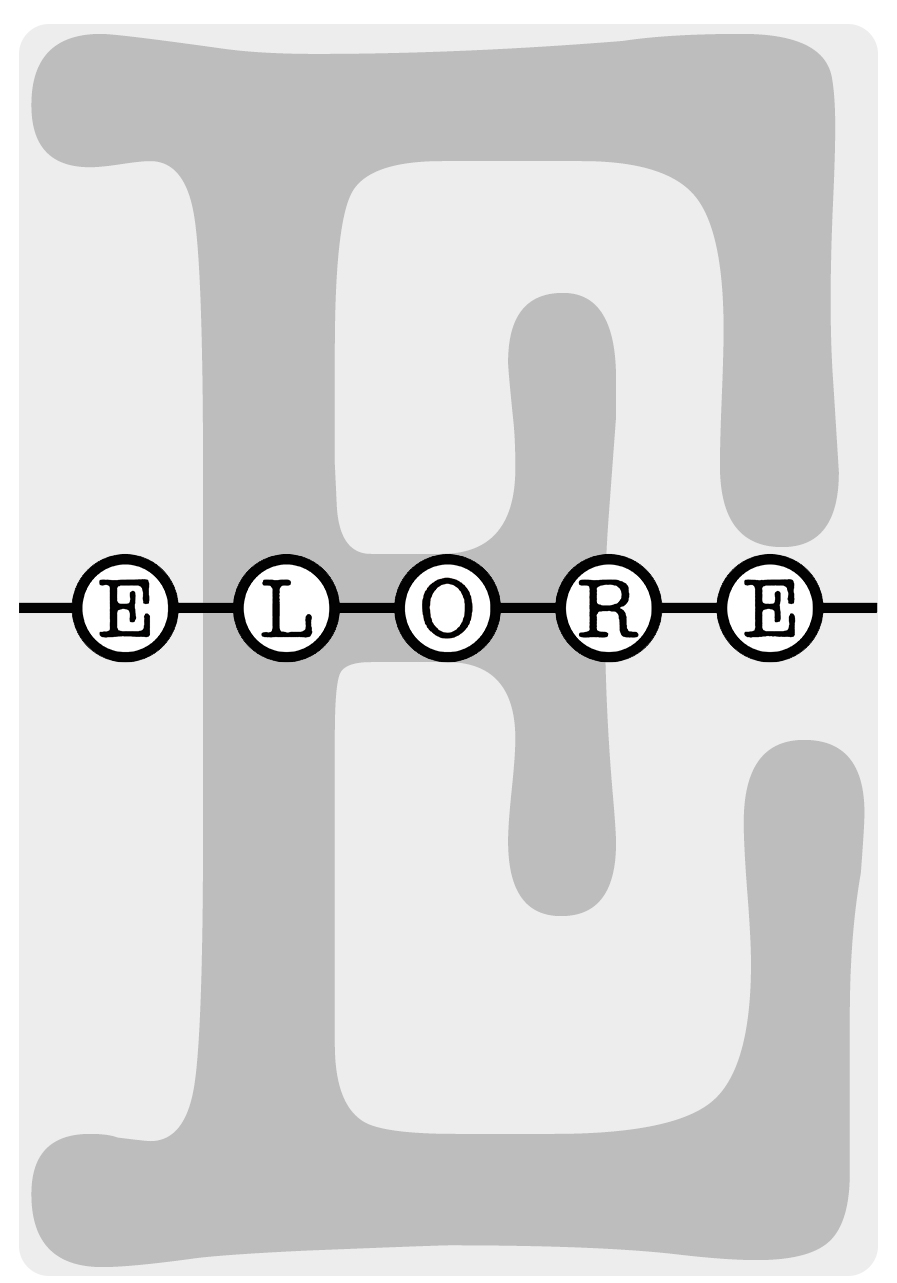Huumori tekstin ja kokemuksen risteyksessä – Huvittavuuden prosessin systeemiteoreettisia suuntaviivoja
DOI:
https://doi.org/10.30666/elore.78520Abstrakti
Humour, as a concept, comprises a broad range of human everyday experience. Barely a day passes without a humorous situation. Still, it has been amazingly hard to pinpoint the identity of the phenomenon in question. Humour seems to escape any attempts of scientific definition. In this article, humour is approached from the second order cybernetic viewpoint, which has not been widely known in the contemporary cultural sciences. The objective of the article is not to define humour, but to consider how humour relates to general concepts of text and experience on the one hand, and to the process of amusement on the other. It is argued that humour cannot be understood only in terms of text. Humour is seen as an emergent property of cultural experience that cannot be reduced to the sum of its parts. Second order cybernetics is treated as a vehicle for understanding humour and amusement as immanent processes that are brought forth by the cultural subject himself.Tiedostolataukset
Julkaistu
Viittaaminen
Numero
Osasto
Lisenssi
Lehti noudattaa ns. timanttista avoimen julkaisemisen mallia: lehti ei peri maksuja kirjoittajilta ja julkaistut tekstit ovat välittömästi avoimesti saatavana tiedelehtien Journal.fi-palvelussa. Toimittamalla artikkelin Eloreen julkaistavaksi kirjoittaja suostuu syyskuusta 2024 alkaen siihen, että teos julkaistaan CC BY 4.0 –lisenssillä.Lisenssin mukaan muut saavat kopioida, välittää, levittää ja esittää tekijänoikeuksiin kuuluvaa teosta sekä sen pohjalta tehtyjä muokattuja versioita teoksesta vain, jos he mainitsevat lisenssin, alkuperäisen julkaisun (linkki tai viite) ja kirjoittajan alkuperäisenä tekijänä. Kaikki tehdyt muokkaukset on ilmoitettava.
Tekstien tekijänoikeus säilyy kirjoittajilla ja julkaistun version rinnakkaistallennus on sallittua. Tämä koskee myös ennen syyskuuta 2024 julkaisuja tekstejä. Rinnakkaistallenteessa tulee näkyä Eloren julkaisutiedot.
Julkaistujen artikkeleiden metadatan käyttölisenssi on Creative Commons CC0 1.0 Universal.





